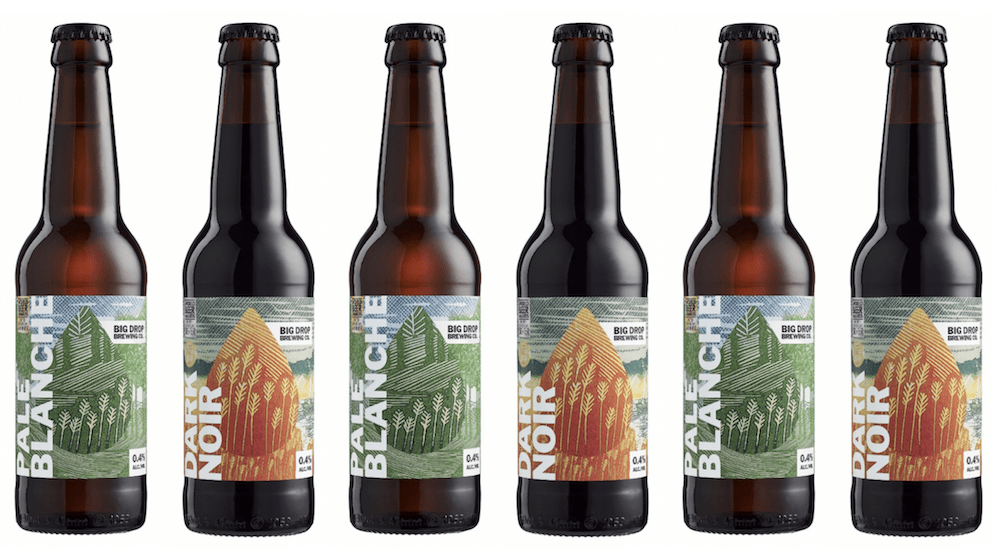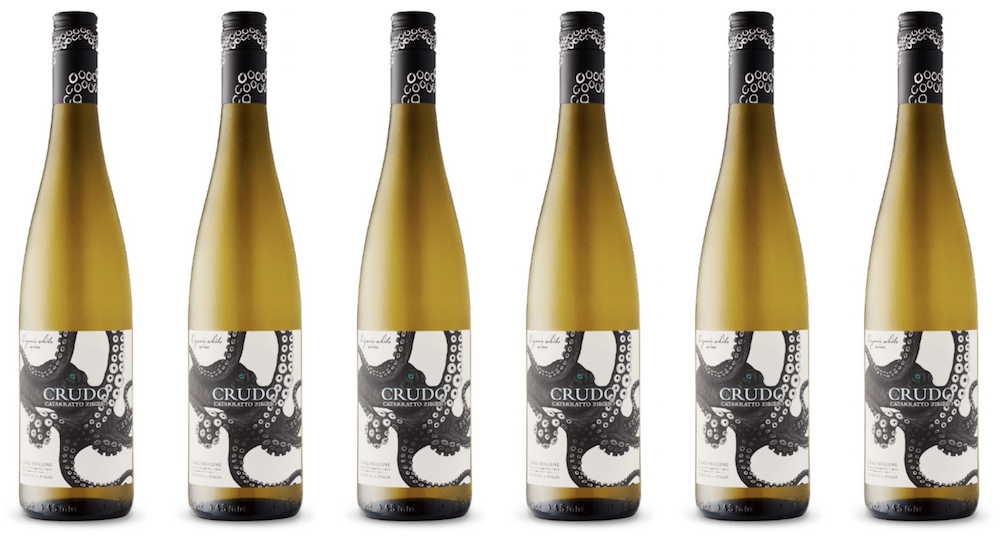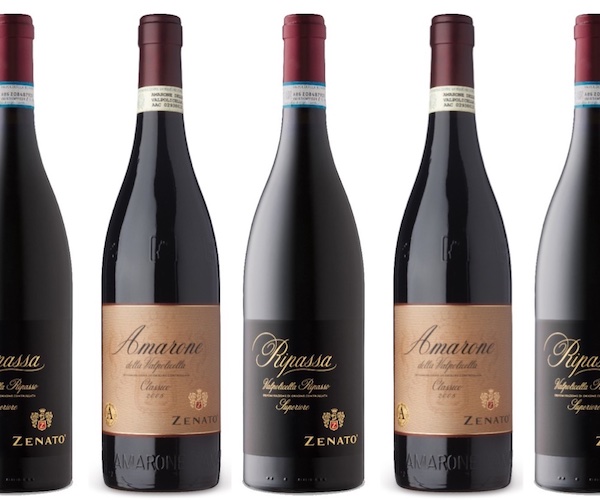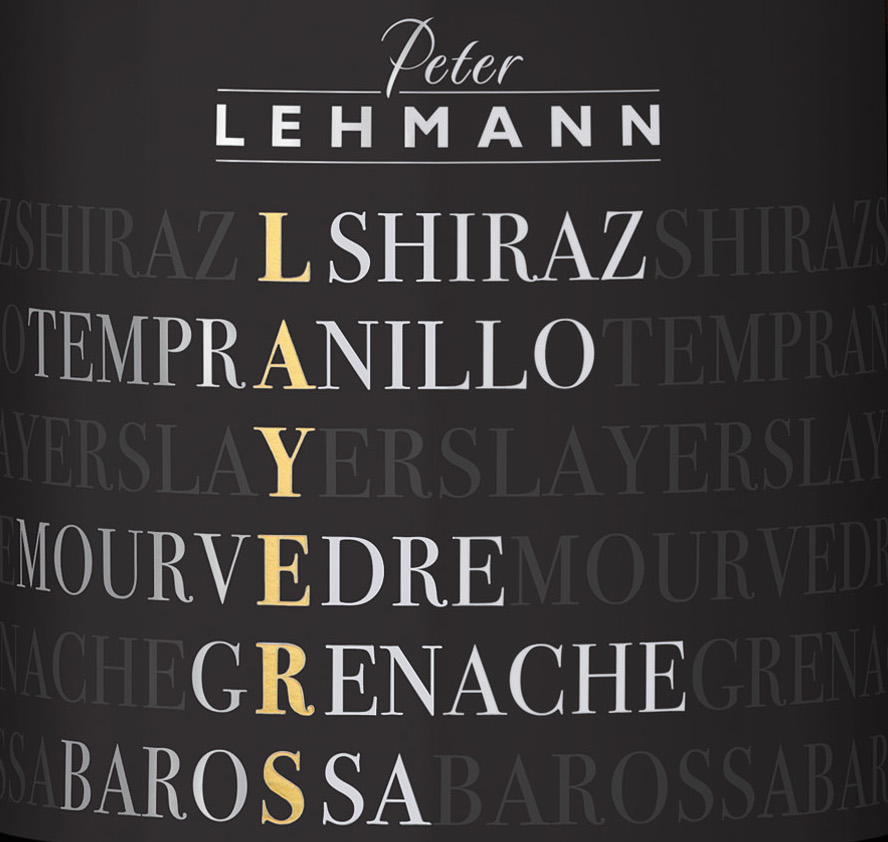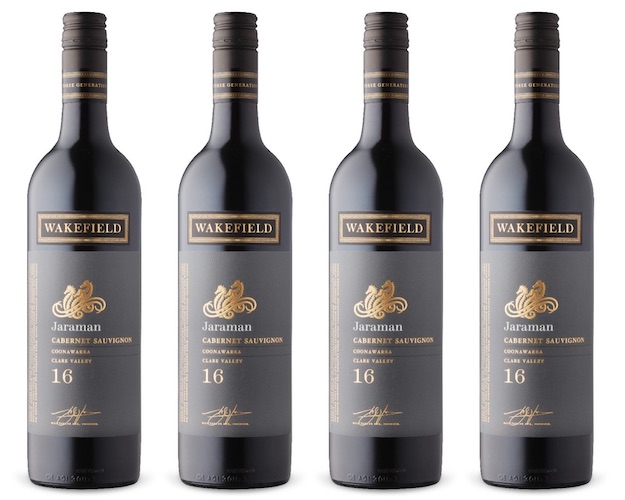So I guess that I’ve gone a bit daft for these non-alcoholic beers from Big Drop (Slogan: To Drink. Not To Be Drunk). Since recently video interviewing Founder/Owner Rob Fink for a two part piece (here & here) I’ve been utterly hooked by both the Pale Ale and the Stout, although I’m rather curious as to why they are both available through the LCBO seeing as they are non-alcoholic (read 0.4% ABV) as I was under the impression that such sales were safely in the hands of the supermarkets? Interesting…
Both of these beers are really exceptionally good, even when compared to full strength beers. They are both really rather remarkable brews that deserve your attention ASAP.
Big Drop Brewery Stout, United Kingdom (Alcohol 0.4%) LCBO $2.75 (330ml bottle)
I don’t tend to drink a great deal of stout, especially since moving to Canada, as I don’t tend to see very much on draught (but please feel free to correct me if I am wrong here!)
I do, however, purchase the occasional stout to enjoy just before bedtime, as there is something I find altogether soothing and sedative about a well-made example of the style, and this Big Drop offering is certainly one of those.
For me, what makes this non-alcoholic stout so very exceptional is its satisfying mid-palate, mouthfeel, and lengthy finish, factors that I had never dreamed to be possible with this little booze contained within. The very first time I sampled this I was honestly shaking my head in disbelief… how the **** could they make an non-alcoholic beer taste this bloody good? What fermentation science jiggery-pokery was going on here?
I immediately turned the bottle around to read the ingredients on the label, expecting a list as long as my arm, but no… there was only water, barley malt, oats, rye, hops, yeast, lactose, and cocoa nibs. Granted, that’s a few more than the 1516 Reinheitsgebot Bavarian Purity Law, but that’s keeping it pretty simple.
The stout pours dark and impenetrable in the glass, exhibiting a creamy tan-coloured head that makes it most visually appealing. The nose is all about roasted malt and nuts, espresso beans, and milk chocolate, factors that are echoed on the palate. There is also an intriguing smokiness coupled with a hint of vanilla bean. The lactose (not fermentable by the brewer’s yeasts) brings a hell of a lot to the party texturally here, as it does in the age-old milk stout style. Despite the residual lactose there’s no overwhelming sweetness here as the beer shows tremendous balance, and I doff my cap to the brewer for pulling this feat of equilibrium off with such finesse.
This is a truly wonderful stout, that gets one of the highest beer ratings I have ever given, especially as it’s non-alcoholic.
![]()
(Five out of a possible five apples)
Big Drop Brewery Pale Ale, United Kingdom (Alcohol 0.4%) LCBO $2.75 (330ml bottle)
Despite getting half an apple less rating-wise, this Pale Ale (also at 4% ABV) is certainly not to be sniffed at. Pouring a slightly cloudy golden hue with a medium frothy head, the aromatics are mainly grassy/citrusy with grapefruit, and pine resin. The carbonation is gentle and almost creamy, but the palate has a defined bitterness that will keep most hopheads perfectly happy. As with the stout, the mid-palate and finish are most impressive, due in no small part to the lactose component once again.
Ingredients are barley malt, wheat, lactose, hops, and yeast, and yet this fairly straightforward recipe makes for what I found to be a most gratifying glass of non-alcoholic beer. I had a couple of bottles poured into a pint glass and downed it in no time at all, never really thinking that it was only 0.4%, which had me thinking that maybe I just love the taste of decent beer, and perhaps the intoxication element had a little less to do with my enjoyment than I had always assumed. For further study, that’s for sure.
A most pleasurable non-alcoholic craft beer that I’d highly recommend any beer lover pick up and try out.
![]()
(Four and a half out of a possible five apples)

Edinburgh-born/Toronto-based Sommelier, consultant, writer, judge, and educator Jamie Drummond is the Director of Programs/Editor of Good Food Revolution… And those were both great, which was a real surprise.

